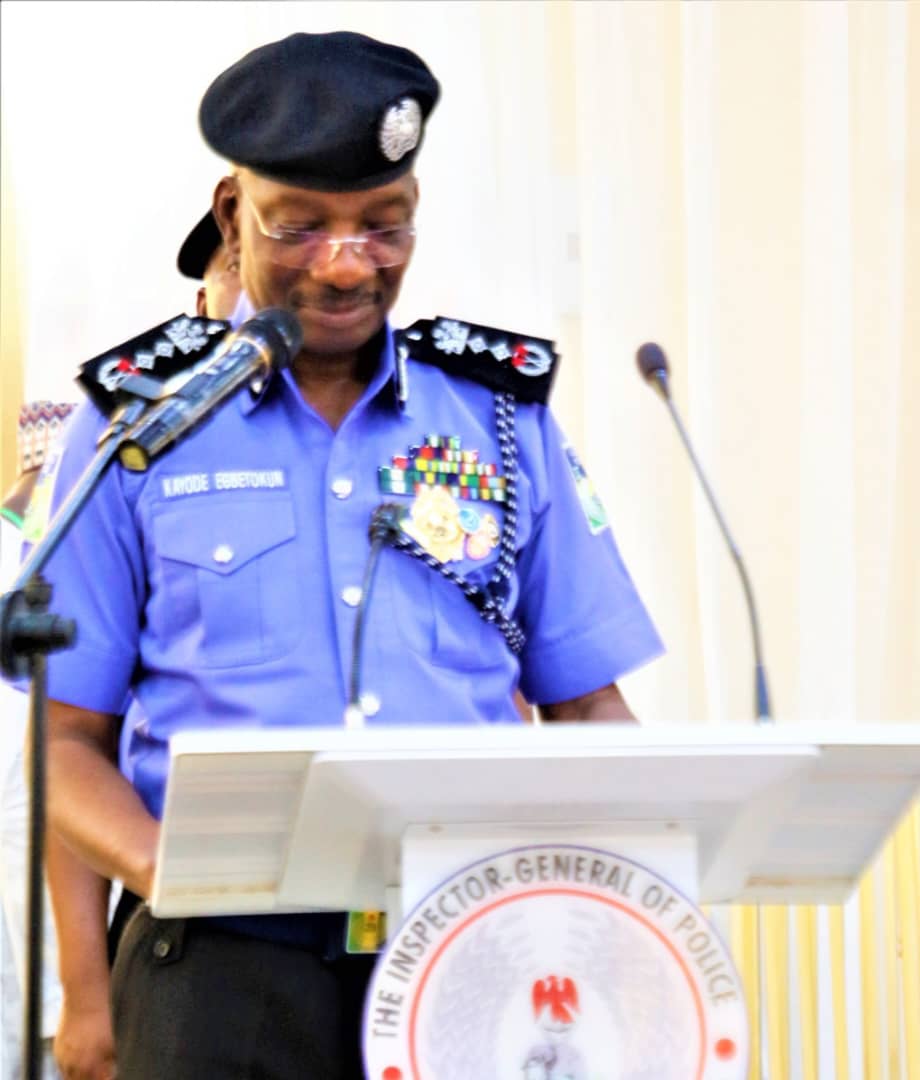The Inspector-General of Police, Dr. Kayode Egbetokun, has said that Nigeria’s security challenges can only be effectively addressed through collaborative policing and the full support of all stakeholders, including government institutions, traditional rulers, civil society organisations, and the media.
Speaking during the maiden Distinguished Alumni Public Lecture organised by the Centre for Peace and Security Studies at Al-Hikmah University, Ilorin, the police boss, who is an alumnus of the institution, said peace and national security must be treated as a shared responsibility.
“Effective policing is essential to peace, security, and the overall well-being of the nation. But we cannot do it alone. The active participation of the public, traditional and religious institutions, and the media is critical in crime prevention and security management,” Egbetokun said.
He lamented the poor funding of the Nigeria Police Force, noting that outdated equipment, insufficient training, and inadequate welfare packages are major factors undermining police efficiency across the country.
“One of the key challenges hindering effective policing in Nigeria is the inadequate funding and resources allocated to law enforcement agencies. We need modern equipment, better welfare, and capacity building to combat crimes like cybercrime and terrorism,” he added.
To address these issues, the IGP called for a shift from the current envelope budgeting system which, according to him, restricts police operations to only ongoing projects. He advocated for increased and targeted budgetary allocations to enable comprehensive reform of the police.
He also reiterated the importance of decentralising the police structure to allow states to run their own police departments with clearly defined roles and accountability mechanisms.
“There is need to implement inclusive community policing programmes to build trust and encourage collaboration. We also need to prioritise continuous training, especially in areas such as cybercrime and human rights, to improve police effectiveness,” he said.
Egbetokun proposed legislative reforms to update the Police Act and ensure that modern policing principles are reflected in law. He also recommended improved police welfare, including better salaries, housing, healthcare and career development, as a strategy to reduce corruption and boost job performance.
He further called for a coordinated national security framework that fosters synergy among the police, military, intelligence and other law enforcement agencies.
“Policing is a shared responsibility that must involve the judiciary, private sector, civil society organisations, and the community. Only then can we build a secure and just society for all Nigerians,” the IGP emphasised.
In his remarks, the Vice-Chancellor of Al-Hikmah University, Professor Noah Yusuf, said the lecture was organised to highlight the importance of collaborative efforts in intelligence gathering and security management in Nigeria.
He added that the university remains committed to producing morally upright and intellectually equipped graduates who would contribute meaningfully to national peace, security, and development.
“As the first Islamic faith-based institution in Nigeria, Al-Hikmah University continues to pursue excellence through research and community engagement,” Professor Yusuf stated.



Leave a Reply